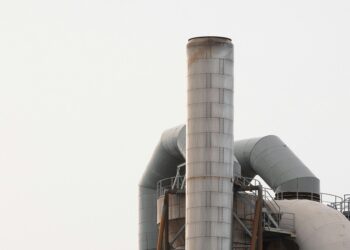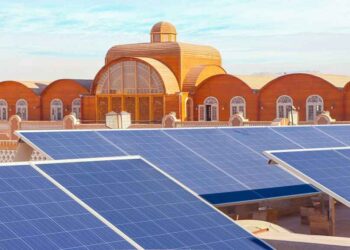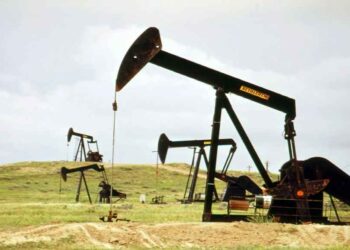The Elefsina refinery is located in the west of Athens, Greece. Owned by Hellenic Petroleum (Helpe), the refinery has a hydrodesulphurisation unit with a capacity of 800,000t of diesel. The refinery also includes storage areas for 3.35t of crude oil and products, a private port with a capacity to berth 15 ships for loading and unloading petroleum products; and a modern station with 18 berths for loading of tankers.
Helpe is a Greek refining and marketing company that owns 72% of the country’s wholesale market. The refining ability of its three refineries – Aspropyrgos, Thessaloniki and Elefsina – is equivalent to 73% of Greece’s total refining ability.
The Elefsina refinery is linked through a pipeline with the company’s other facilities in Pachi Megara area.
Elefsina upgrade proposals
The changing trends in diesel and fuel oil consumption in Europe combined with the shortage of diesel in European markets prompted Helpe to plan the refinery’s upgrade. Helpe began the upgrade in 2007 to maximise its diesel production, produce more complex fuels and meet environmental regulations.
Currently, the refinery’s product portfolio comprises fuel oil 47%, diesel / gas oil 24%, jet 11% and others 18%. After the upgrade, the output will consist of 64% diesel / gas oil, 11% jet, and 25% others.
“Elfesina’s output will consist of 64% diesel / gas oil, 11% jet, and 25% others.”
The refinery’s upgrade will increase the processing of high sulphur crude to 100% from the current 60%, while that of medium sulphur crude will come down to nil from 41%.
The aim is to increase the production of white products to 100% from 52% while cutting the production of black products to almost nil. The Nelson complexity of the refinery is expected to reach 7.2 from the current 1.5.
As part of the upgrade, the Elefsina refinery will have a hydrocracker unit with a capacity of 40,000bpd, a flexicoker unit of 20,000bpd, a vacuum distillation unit with a capacity of 45,000bpd and a hydrogen unit of 120,000m³ an hour. The hydrocracker and the flexicoker units will transform fuel oil into higher valued diesel.
The refinery upgrade is estimated to cost around €1.1bn. Helpe made an initial investment of €850m in 2007. The upgraded facility is expected to be commissioned in 2011.
Work in progress
As of December 2009, the engineering and procurement for the Elefsina refinery upgrade was almost complete while the construction and erection work just began.
“As part of the upgrade, the Elefsina refinery will have a hydrocracker unit with a capacity of 40,000bpd.”
The front end engineering and design (FEED) contract for the upgrade of the refinery was given to Foster Wheeler in the last quarter of 2005. Under the contract, Foster Wheeler conducted preliminary study for the required permits and procurement, arranged for bid package for engineering and construction phase, selected technology licensors for new process units, and finalised the process design package and engineering. The contract work was completed in 2006 and the FEED study was completed in May 2007.
In May 2008, Tecnicas Reunidas won the contract for verification of FEED and the following engineering work. The work is scheduled to be completed by 2011.
ABB secured a $26m contract for supplying integrated electrical and automation system in December 2009. Under the contract, ABB will design, supply, install and commission electrical and automation system to power the refinery.
ABB will supply medium voltage equipment along with ZX2 gas-insulated switchgear and ZS1 Unigear air insulated switchgear. Based on ABB’s 800xA automation platform and IEC 61850 compatible communication networks, low voltage switchgear along with automated energy management and load shedding system will also be installed. ABB expects its electrical system to enable the refinery reduce electricity consumption and costs.
The installations are expected to be completed by 2010.
Elefsina’s green credentials
The upgrade will reduce sulphur dioxide and particulate matter emissions by increasing the production of environmentally friendly products. Sulphur emissions will be reduced by 70% and particulate matter by 84%.

















































